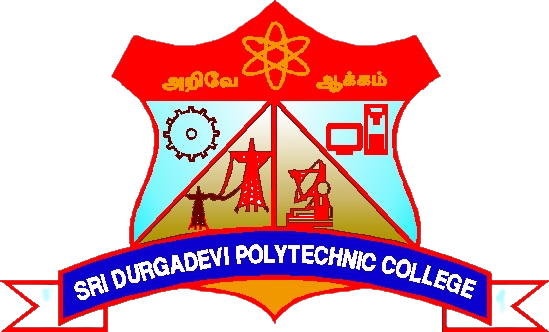COMMUNICATION AND COMPUTER NETWORKING
About Department
Communication and computer networking is a specialized field that focuses on the design, implementation, and management of communication systems and networks that facilitate the exchange of data between devices and users. It encompasses a wide range of technologies and protocols to enable reliable and efficient communication in various environments
.png)
Vision & Mission
VISION
The Computer Science Department envisions a future where innovative technologies empower individuals and communities, advancing society through computational excellence. We aspire to be at the forefront of groundbreaking research, education, and collaboration, shaping the digital landscape with integrity, creativity, and inclusivity.
MISSION
Our mission at the Computer Science Department is to cultivate a dynamic learning environment that fosters critical thinking, creativity, and technical expertise.
We are committed to advancing knowledge through cutting-edge research, addressing real-world challenges, and promoting interdisciplinary collaboration.
Through our rigorous academic programs, experiential learning opportunities, and community engagement initiatives, we aim to empower our students to become ethical leaders and innovators in the ever-evolving field of computer science.
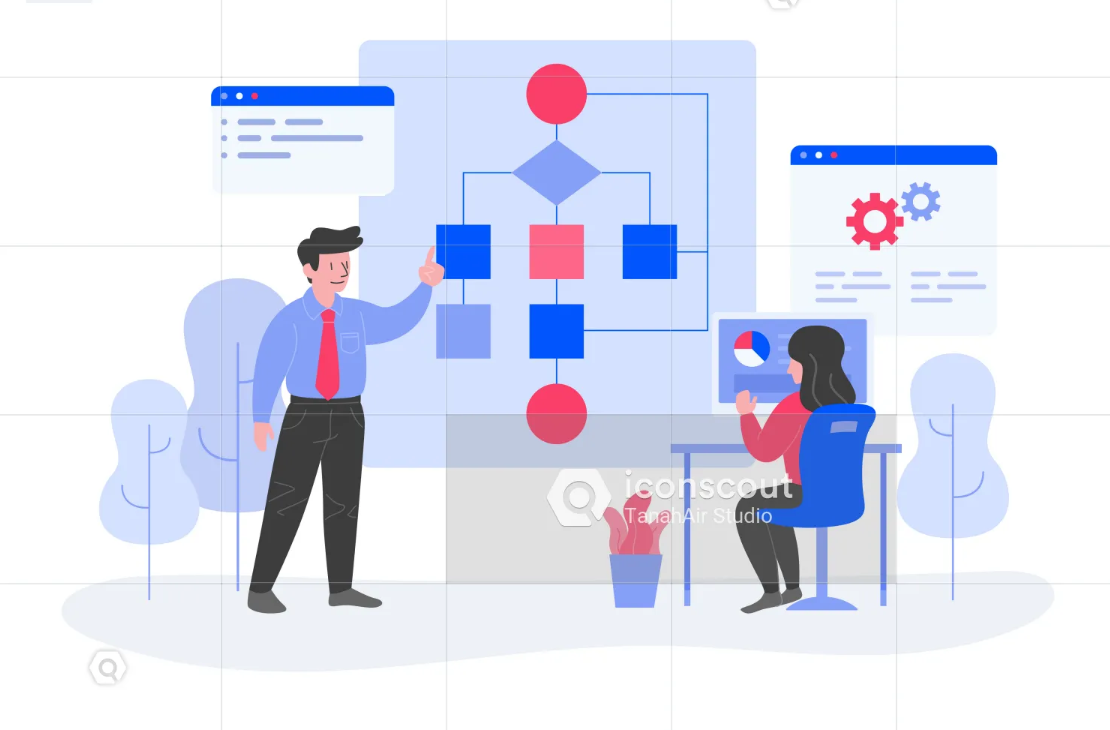
Program Educational Objectives (PEOs)
Diploma Engineers of the department of Mechanical will be able to,
1.The primary objective of our Science Department is to equip students with a solid foundation in scientific principles and methodologies, fostering critical thinking, problem-solving skills, and scientific inquiry.2.Our first PEO is to produce graduates who demonstrate a strong understanding of core scientific concepts across various disciplines, including biology, chemistry, physics, and environmental science.
3.Furthermore, our Science Department is committed to promoting interdisciplinary collaboration and effective communication skills among our graduates..
4.Through interdisciplinary projects, teamwork exercises, and oral and written presentations, students will develop the communication and teamwork skills necessary to effectively collaborate with peers, stakeholders, and the broader scientific community.

Program Outcomes (POs)
1.Critical Thinking and Problem Solving: Graduates will demonstrate the ability to critically analyze scientific problems, evaluate evidence, and develop creative solutions using scientific methods.
2.Scientific Inquiry and Research Skills: Graduates will possess the skills necessary to conduct independent scientific research, including formulating hypotheses, designing experiments, collecting and
analyzing data, and drawing valid conclusions.
3.Effective Communication: Graduates will communicate scientific concepts effectively through oral presentations, written reports, and visual representations. They will demonstrate the ability to convey
complex ideas to diverse audiences, including peers, experts, and the general public, using appropriate scientific terminology and clear explanations.
4.Ethical and Responsible Conduct: Graduates will adhere to ethical principles and professional standards in scientific research and practice. They will demonstrate integrity, honesty, and respect for
intellectual property rights while conducting experiments, analyzing data, and disseminating research findings. They will also consider the social and environmental impacts of scientific activities.
5.Interdisciplinary Integration: Graduates will recognize the interconnectedness of different scientific disciplines and apply knowledge from multiple fields to solve real-world problems. They will demonstrate
proficiency in interdisciplinary collaboration, incorporating insights from biology, chemistry, physics, mathematics, and other relevant disciplines to address complex scientific challenges.
6.Technological Proficiency: Graduates will be proficient in using advanced technologies and software tools relevant to their scientific field. They will demonstrate competence in data analysis, computer
modeling, simulation techniques, and information management systems, enabling them to leverage technology for scientific discovery and innovation.
7.Lifelong Learning and Professional Development: Graduates will recognize the importance of continuous learning and professional development in the rapidly evolving field of science. They will engage
in lifelong learning activities, such as attending seminars, workshops, and conferences, to stay abreast of emerging trends, technologies, and research findings. They will also pursue opportunities for further
education, professional certification, and career advancement to enhance their expertise and contribute effectively to society

Program Specific Outcome (PSO)
After successful completion of the program, students will be able to,
1. Attain the ability to conduct and interpret experiments with the best outcome in the field of mechanical engineering and its allied technical fields.
2. Apply the acquired knowledge of structural, thermal and manufacturing for the development of the mechanical system.
3. Able to follow the working principles of machinery with the environmental context in mind, thereby improves the quality of the products for the betterment of the society.

HOD
Mrs.Poonkuzhali S, B.E.,M.Tech.,MISTE.
Head of Department
As a HOD/CCN , I am very proud to say that I am having staff team with an excellent skill set to guide the work force, which is good at multitasking, I always balances the growth of academics and the self discipline among the students by inducing values in his teaching. Motivate the students to participate in Extracurricular and Co curricular activities. We categorize the students as their wish whether they are interested to continue higher studies or getting placement or become an Entrepreneur and encourage them to succeed their wish. Ensuring the welfare and academic success of students within the department, providing mentorship, guidance, and support for their academic and professional development.

Mrs.Poonkuzhali S, B.E.,M.Tech.,MISTE.
Unique ID : 1-459111027
EmailID : hod.ccn@sdpc.ac.in.
Faculty Members
| SI.No | Name | Designation |
|---|---|---|
| 1 | Mrs.RUBAVATHY M, M.Sc. | Lecturer/CCN |
| 2 | MR.ILYARAJA J A B.A. M.A. M.Phil., B.Ed | Lecturer/CCN |

Lab Facilities:
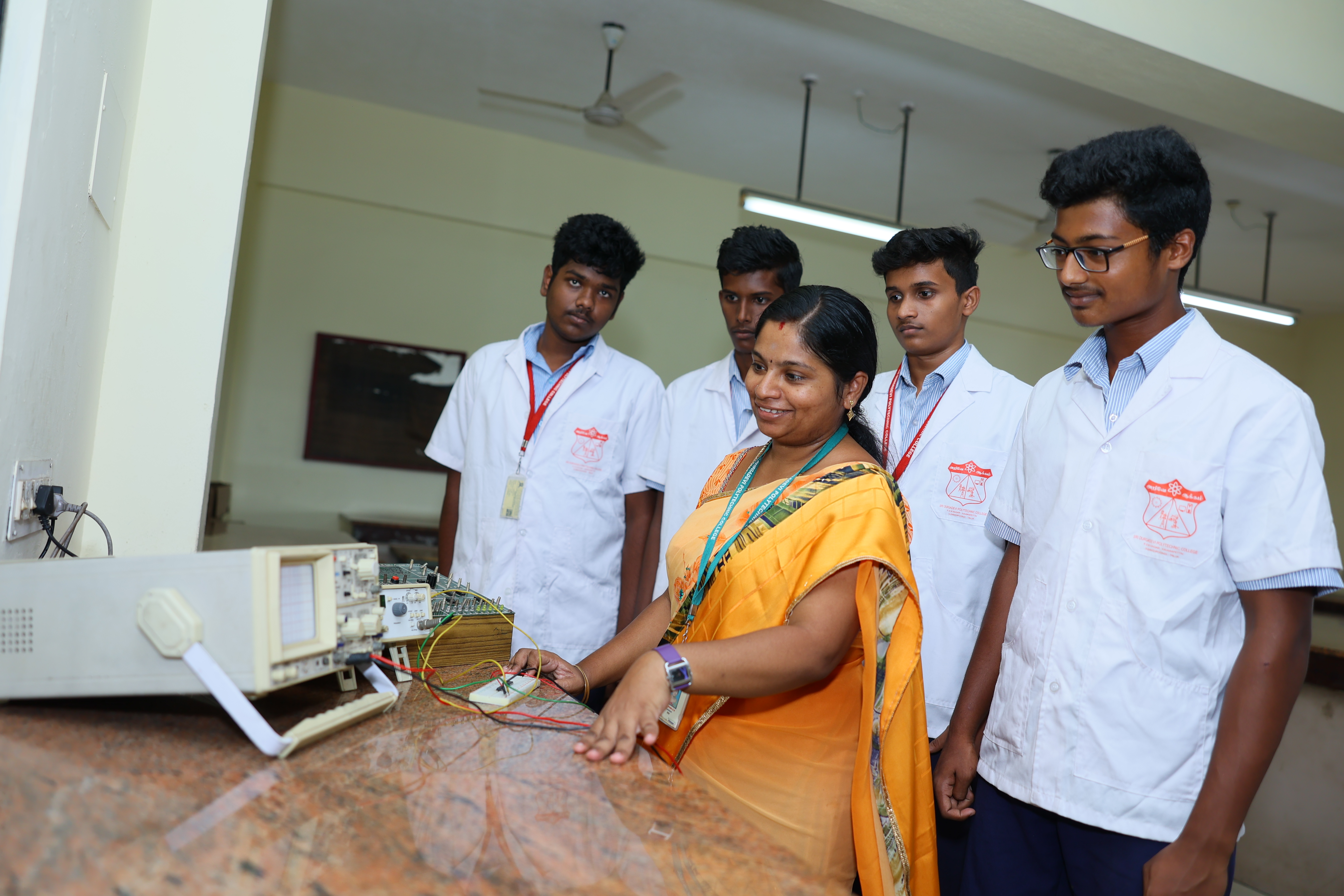
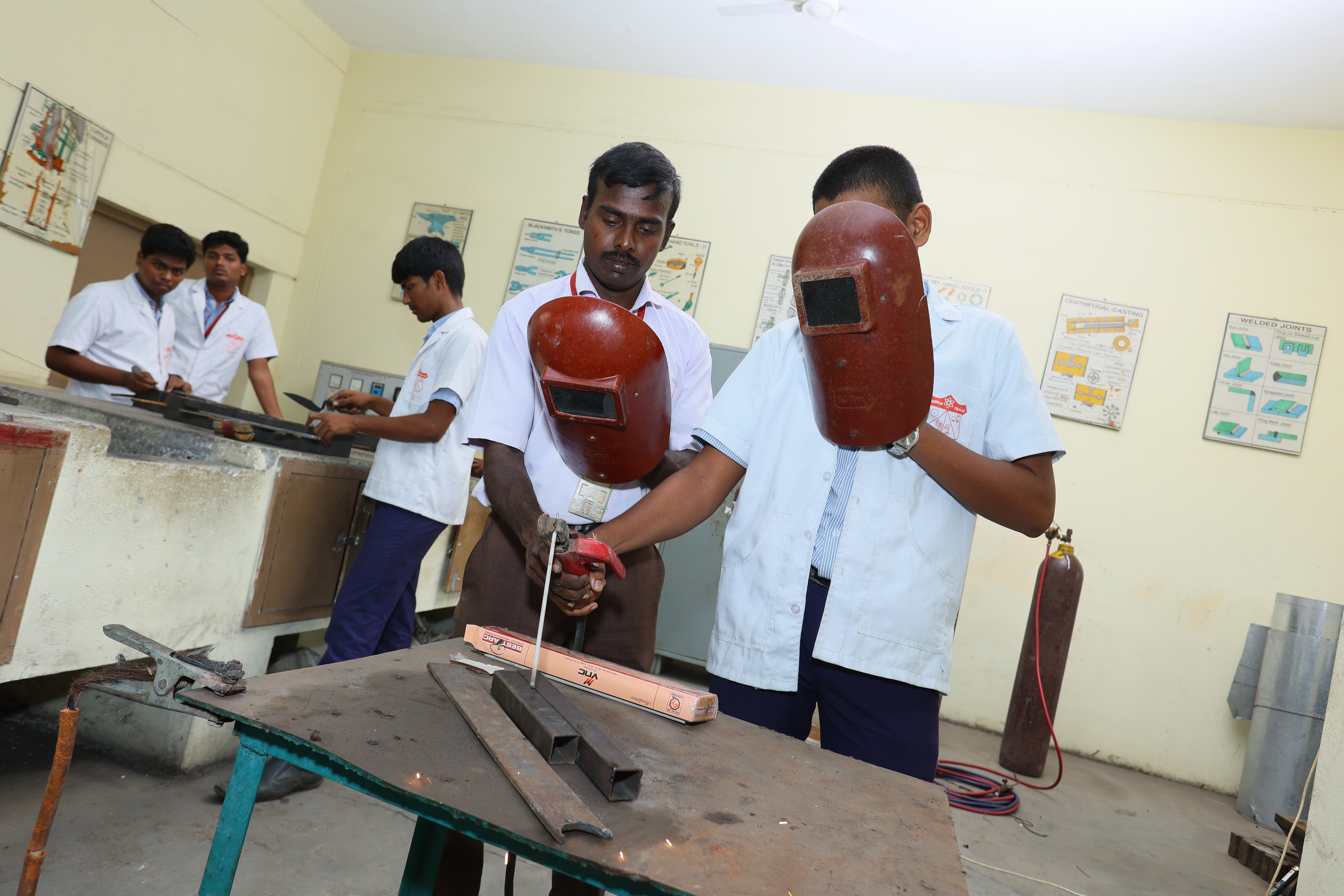
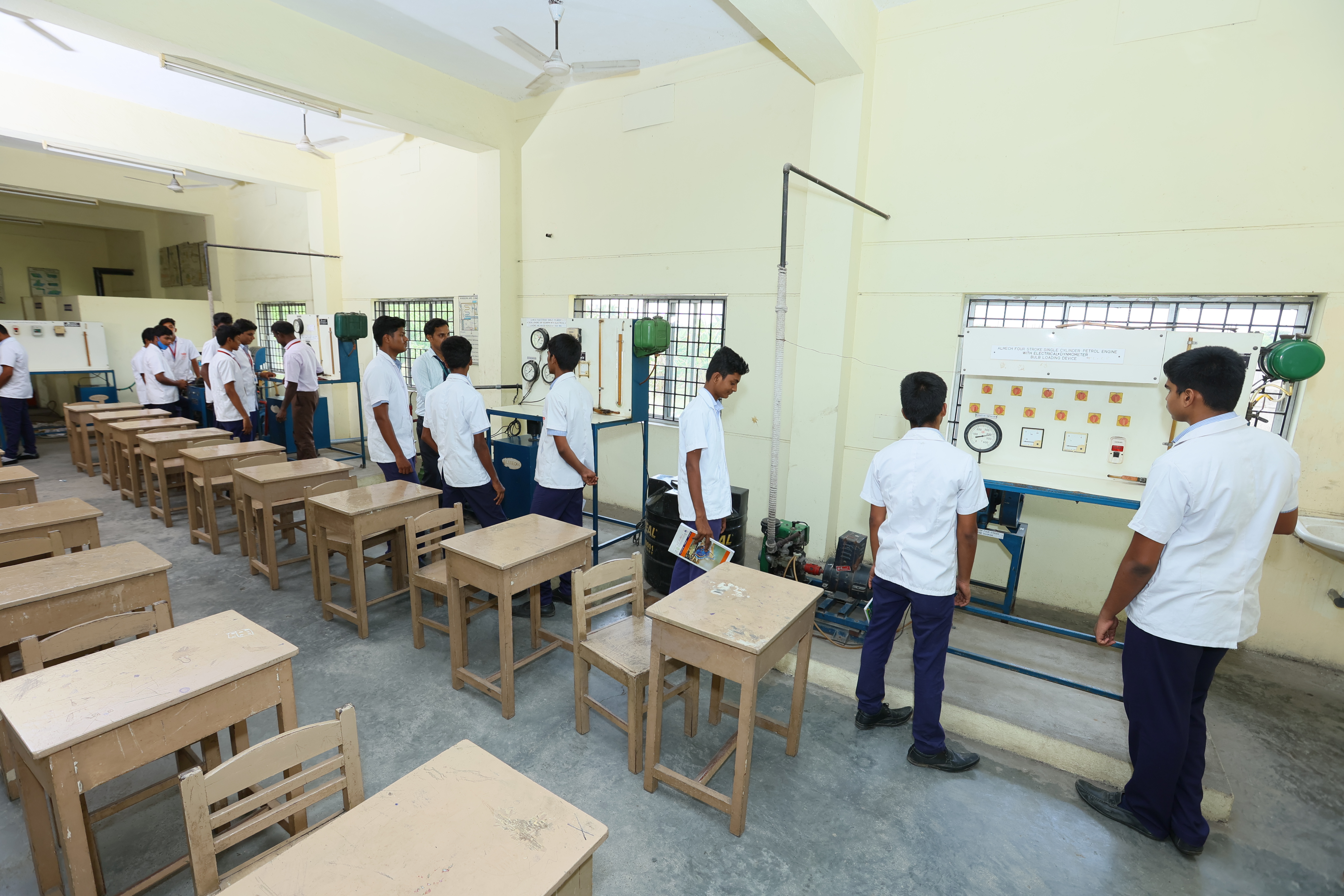
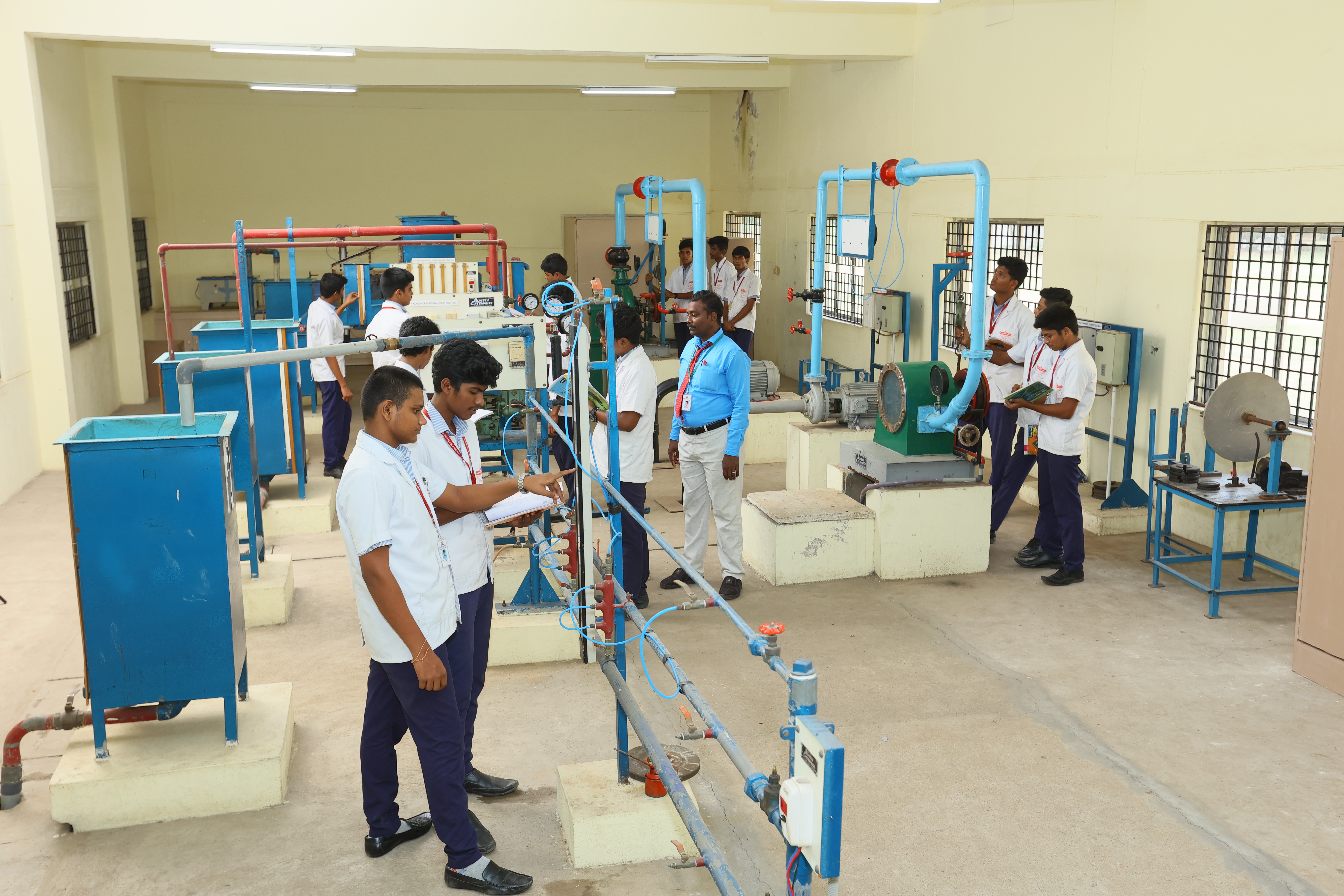
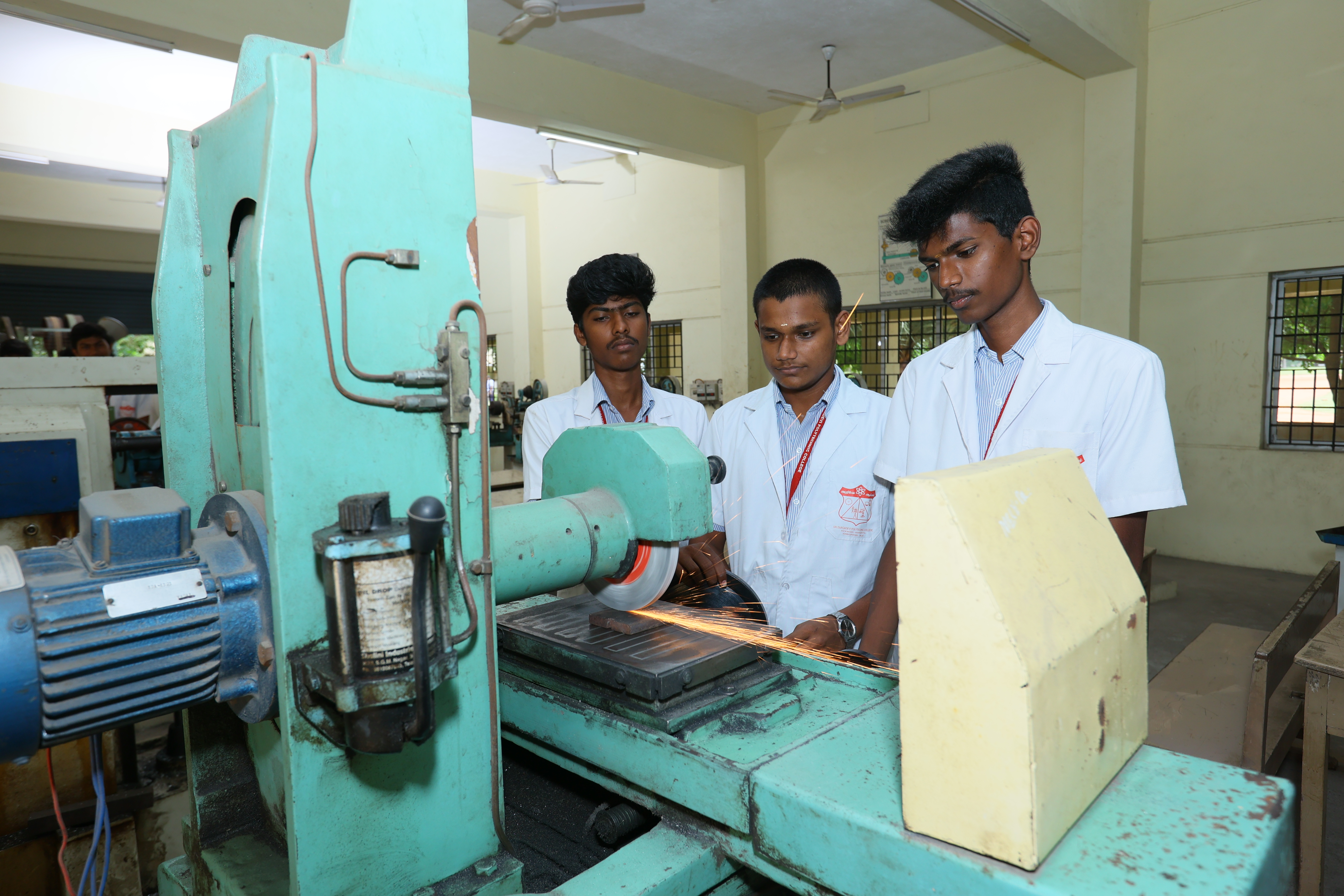
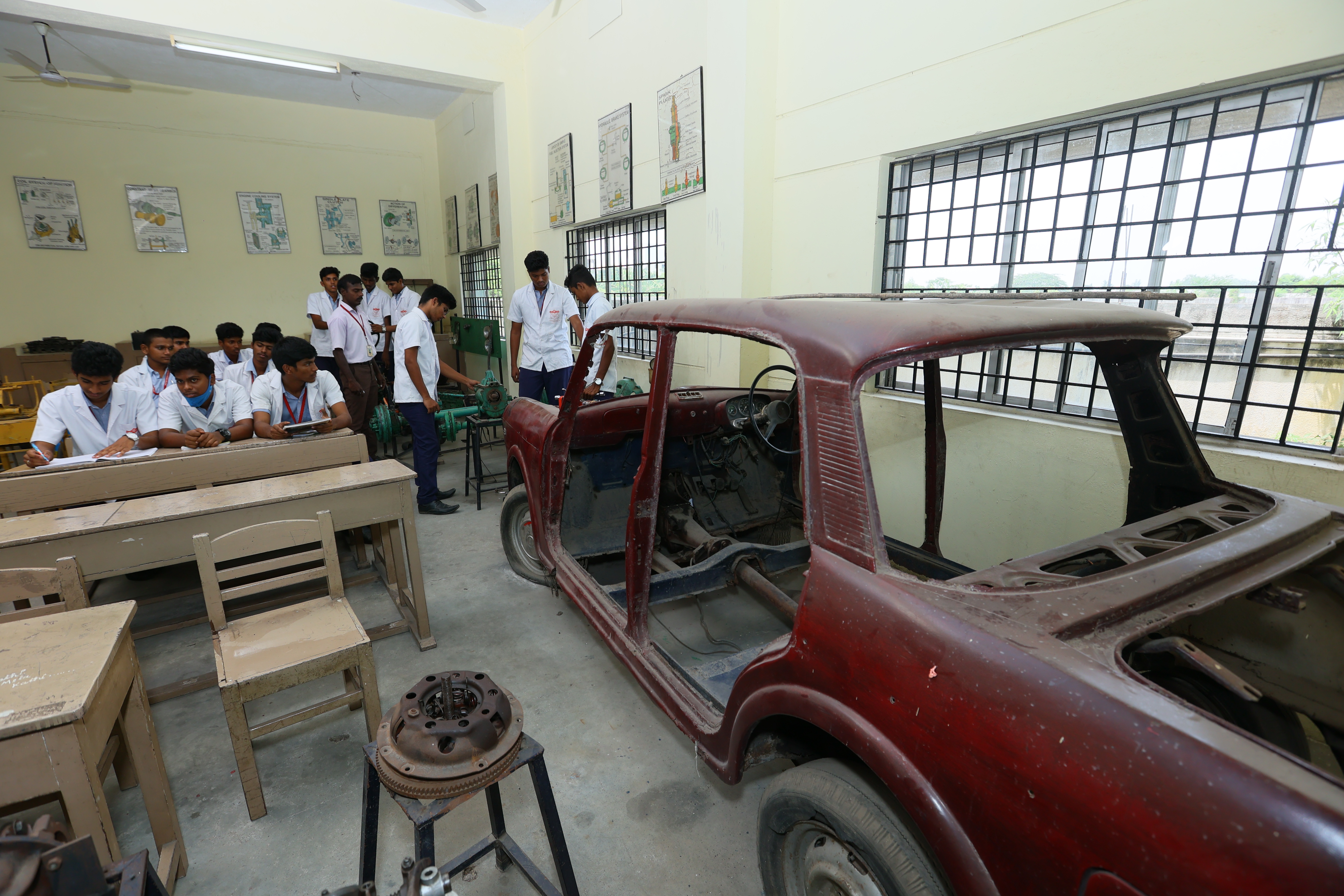
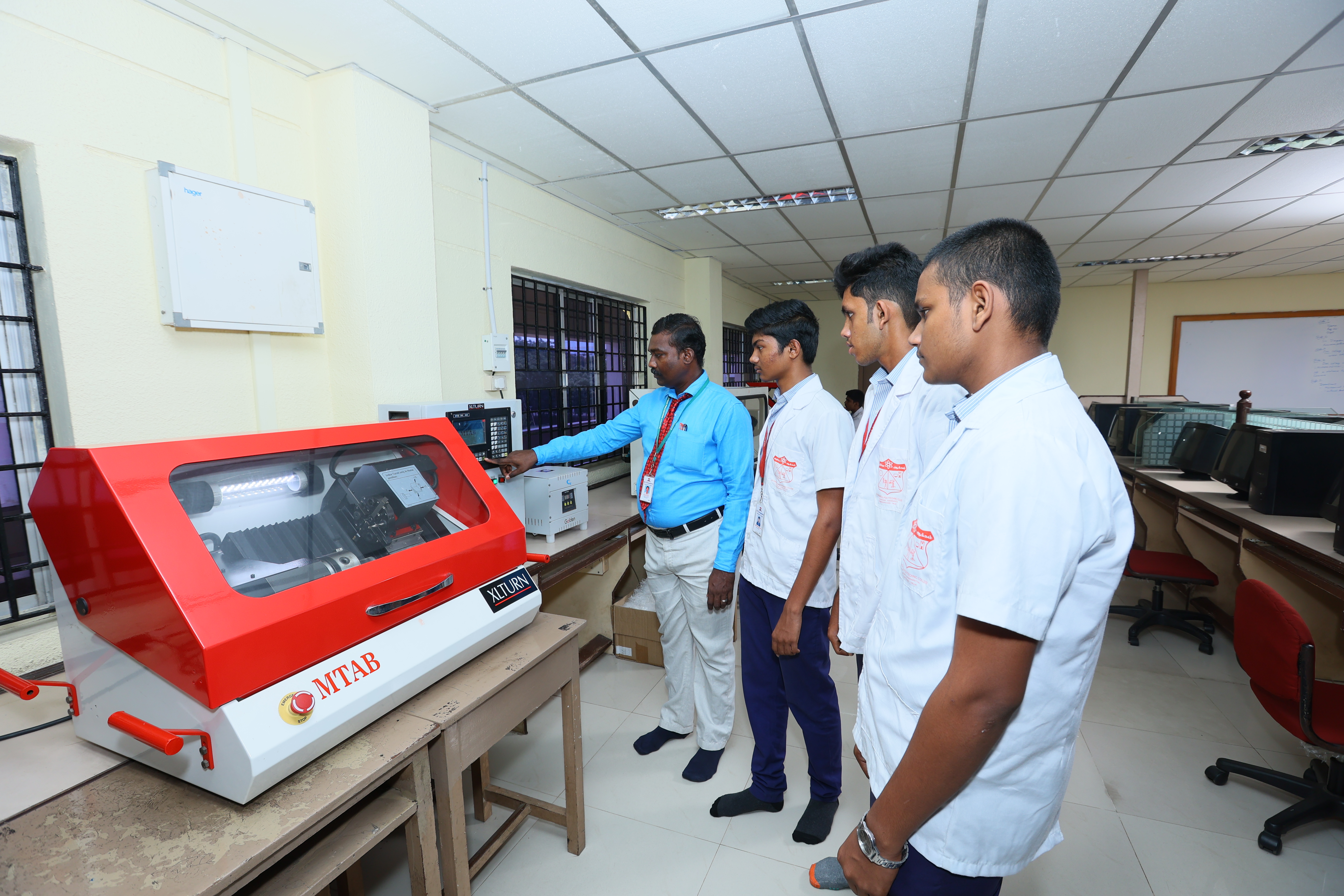

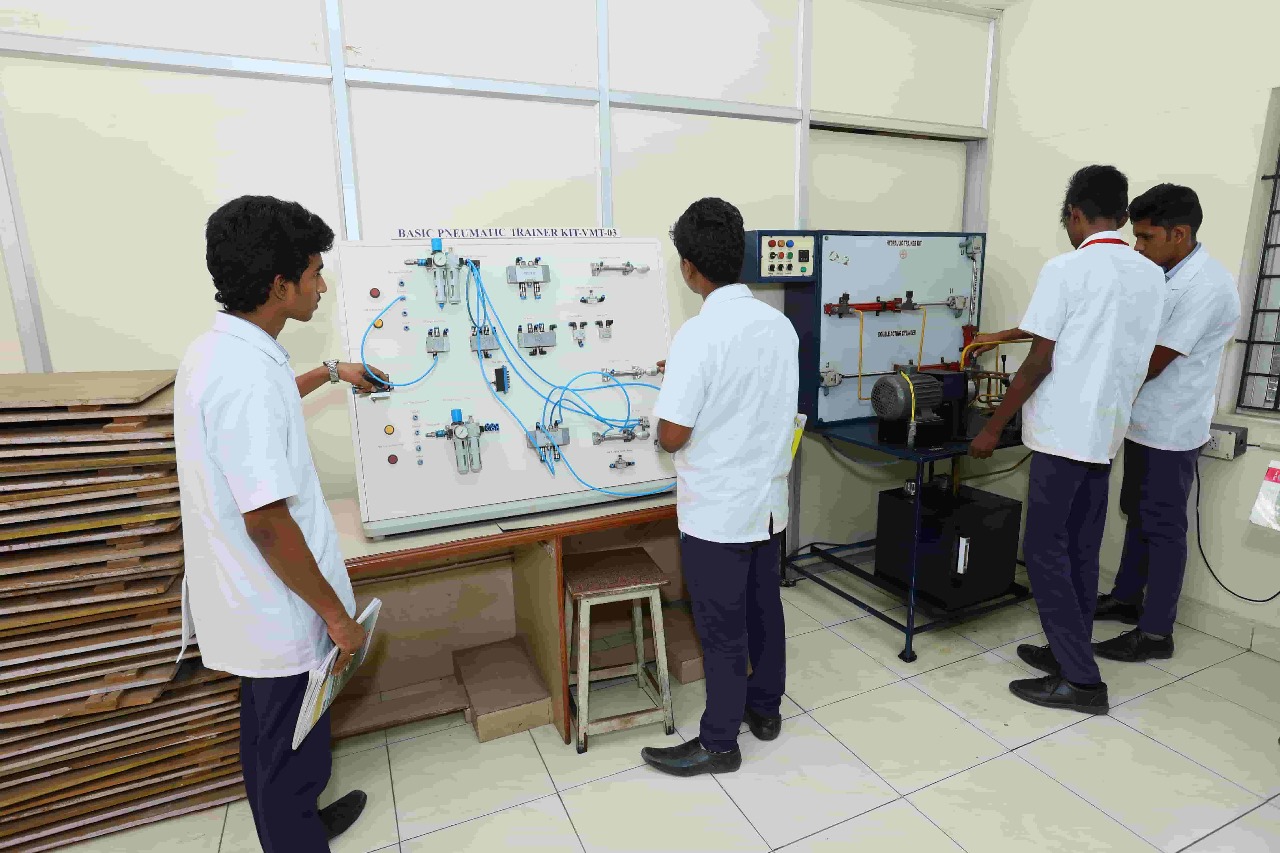

Seminars & Workshops
2023-2024
|
S.No.
|
Name of the Student
|
Department
|
Title
|
Place
|
Venue
|
Date
|
National/
State Level
|
|
1 |
S.karthigeyan |
CE |
ADVANCED INTRUDER RECOGNITION WITH USER ALERTS
|
III |
Murugappa polytechnic college
|
5/2/2024 |
National Level |
|
2 |
S.karthigeyan
|
CE |
Latest, current trends and future Mechanical field |
Participation |
P.T.Lee Chengalvaraya Naicker Polytechnic college
|
15/3/2024 |
National Level |
|
3 |
S.karthigeyan |
CE |
Latest, current trends and future Mechanical field |
Participation |
Mohamed sathak polytechnic college
|
1/3/2024 |
State Level
|
|
4 |
Nithish Kumar.s(A) |
CE |
5G wireless system
|
II |
P.S.B polytechnic college
|
16/3/2024 |
State Level
|
|
5 |
Muddapati gnana sathish |
CE |
5G wireless system
|
Participation
|
P.S.B polytechnic college
|
16/3/2024 |
State Level
|
|
6 |
Dhivakar.G |
CE |
5G wireless system
|
II
|
P.S.B polytechnic college
|
16/3/2024 |
State Level
|
|
7 |
S.Nithish Kumar(B) |
CE |
AI IN BUSINESS
|
Participation
|
P.S.B polytechnic college
|
16/3/2024 |
State Level
|
|
8 |
Geriki vinesh
|
CE |
AI IN BUSINESS
|
Participation
|
P.S.B polytechnic college
|
16/3/2024 |
State Level
|
|
9 |
Gowtham kumar N |
CE |
5G wireless system
|
Participation
|
P.S.B polytechnic college
|
16/3/2024 |
State Level
|
|
10 |
Pradeep Raj
|
CE |
AI IN BUSINESS
|
Participation
|
P.S.B polytechnic college
|
16/3/2024 |
State Level
|
